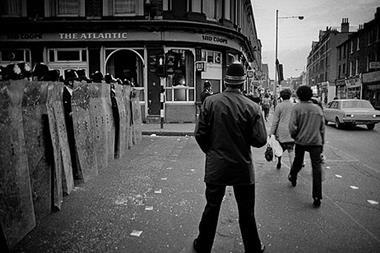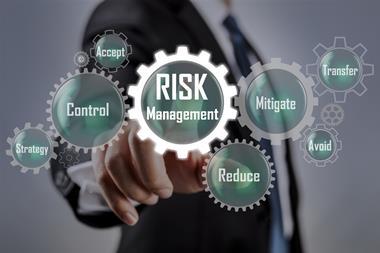In the aftermath of popular uprisings and regime change in several countries, organisations are tightening their political risk controls

Banks, insurance companies and other financial services firms have significantly increased their focus on politically exposed persons (or PEPs) in the aftermath of the Arab Spring uprisings, say money laundering experts.
KPMG’s anti-money laundering report found that organisations are more aware of the PEP threat but unsure about controlling the risk.
PEPs are individuals closely related to a prominent public function and therefore have a higher than normal vulnerability to bribery and corruption.
The concept of PEPs has been visible since the late 90s, but recent events in the Middle East and North Africa have made the issue more prominent. Businesses are now more eager to identify PEPs as a risk factor, but are often unsure what the right questions to ask are, said KPMG.
Nine out of ten (96%) financial institutions now monitor their exposure to PEPs, according to the report.
The number of institutions with formal processes to identify and monitor PEPs has increased from 71 percent in 2007 to 88 percent today.
Nine out of ten (96%) financial institutions now monitor their exposure to PEPs
This greater awareness is an encouraging sign, KPMG’s head of anti-money laundering, Matt Russell, told StrategicRISK.
“There are some very encouraging signs that there is clearly a greater awareness. The challenge now is how to attain the properly effective controls to manage that risk. Institutions may have controls to identify and monitor PEPs, but there’s still an expectation gap between what the regulators would consider to be effective management of that risk and the controls that [KPMG’s] clients have had in place.”
“When someone is categorised as a PEP all you’re suggesting is that they are potentially more vulnerable to the processes of bribery and corruption,” said Russell. “But once you’ve identified them as such the doing business with a PEP can still be safe as longs as you have the controls in place to manage the risk.”




















No comments yet